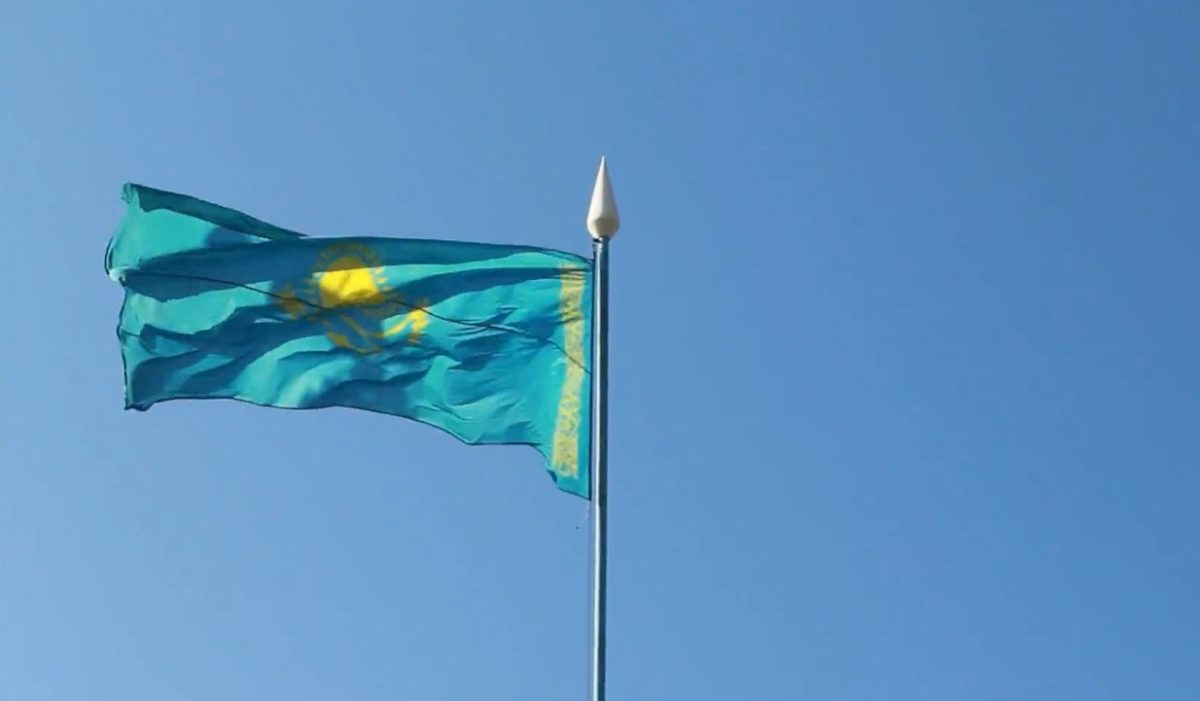Renewable energy company Total Eren – spun out of French oil and gas major Total – is entering the Kazakh solar marketplace with a 128 MW portfolio. The company announced it has started construction of the 28 MW Nomad PV farm in the Kyzylorda region and of the 100 MW M-KAT project in Zhambyl. Total Eren anticipates reaching commercial operation on both sites by the end of the year.
The developer expects cumulative project costs to reach KZT59.7 billion ($157 million) and financing, which Total Eren said was almost complete, includes an agreement with the European Bank for Reconstruction and Development (EBRD) to provide KZT9.8 billion for the Nomad project. The developer has been able to secure loan financing for the M-KAT project from the Asian Development Bank, which has provided KZT11.3 billion, with the EBRD lending another KZT21.5 billion on top. The agreements have been signed and financial close is expected within weeks.
Kazakhstan’s Financial Settlement Center for Renewable Energy Sources will buy the electricity generated by both plants for 15 years under a power purchase agreement (PPA) for which contracts were signed in September 2016 for the M-KAT project and in February 2017 for the Nomad facility. The Financial Settlement Center – owned by national grid operator the Kazakhstan Electricity Grid Operating Company – was established in 2013 to facilitate the retail of renewable energy.
Capacity leap
Greek company METKA EGN will provide engineering, procurement and construction services on the projects, which will be the first in Kazakhstan to feature single-axis trackers.
“We are delighted to enter the Kazakh renewable energy market with the M-KAT and Nomad projects, which also mark our first steps in central Asia,” said Fabienne Demol, executive VP and global head of business development at Total Eren.
In January, German developer Goldbeck Solar said it had finished a 100 MW solar project in Kazakhstan near the town of Saran. That project also operates under a 15-year PPA, which secured a price of KZT34.61/kWh ($0.091) for the power generated.
Popular content
The Kazakh solar market has experienced a significant push in the last two years with the nation’s total installed PV capacity jumping from just 59 MW at the end of 2017 to around 210 MW at the end of last year, according to statistics published by the International Renewable Energy Agency.
CTF assistance
Consultancy Bloomberg New Energy Finance published a report in February examining how cheap finance has unlocked solar potential in non-OECD countries. The report stated Clean Technology Fund (CTF) investments significantly helped jump-start Kazakhstan’s renewable energy market by providing policy support that resulted in feed-in tariffs being introduced in 2013. That policy reportedly attracted $1 billion of clean energy investment to the country.
Without affordable CTF finance, investors would have faced limited-term loans, high inflation, substantial currency fluctuation and high interest rates, according to the BNEF report. However, CTF investments of $55.5 million helped leverage a further $200 million of finance from multilateral development bank joint financing, and another $412 million in follow-up funding. Now, around 85% of Kazakhstan’s PV fleet – and 40% of its wind capacity – has received financial support from the CTF, which has the World Bank as its trustee.
After the feed-in tariff, the country had help holding its first competitive clean energy tenders, with development banks and the CTF again playing a critical role in ensuring successful bids became projects that were built on time and budget.
This content is protected by copyright and may not be reused. If you want to cooperate with us and would like to reuse some of our content, please contact: editors@pv-magazine.com.



2 comments
By submitting this form you agree to pv magazine using your data for the purposes of publishing your comment.
Your personal data will only be disclosed or otherwise transmitted to third parties for the purposes of spam filtering or if this is necessary for technical maintenance of the website. Any other transfer to third parties will not take place unless this is justified on the basis of applicable data protection regulations or if pv magazine is legally obliged to do so.
You may revoke this consent at any time with effect for the future, in which case your personal data will be deleted immediately. Otherwise, your data will be deleted if pv magazine has processed your request or the purpose of data storage is fulfilled.
Further information on data privacy can be found in our Data Protection Policy.